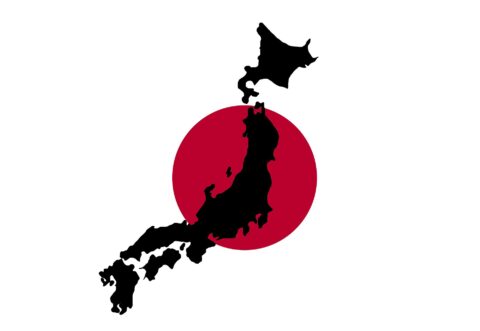
Efforts to protect rights of persons affected by leprosy must continue
Message to Japan from UN Special Rapporteur on Elimination of Discrimination against Persons Affected by Leprosy
The following is a media advisory from UN Special Procedures
TOKYO (19 February 2020) – “Japan has achieved remarkable progress in protecting the rights of persons affected by leprosy and these efforts must continue,” said Alice Cruz, UN Special Rapporteur on the elimination of discrimination against persons affected by leprosy and their family members, after concluding her eight-day visit to the country.
“I welcome the strenuous efforts made by the Government of Japan, in close cooperation with civil society, which is a good example in eliminating the discrimination and prejudice against persons affected by leprosy (also known as Hansen’s disease) and their family members. I urge the authorities to continue and sustain their efforts on international cooperation, especially in the area of protecting the rights of older people,” Cruz said
“I acknowledge the progress made in protecting the rights of this marginalized group in Japan, especially through the Kumamoto district court decisions of 2001 and 2019, as result of a tireless consolidated struggle by affected persons and their family members. I commend the Government for responding to the voice of affected persons by recognizing its responsibility for past violations of their human rights, offering a public apology and compensation, and putting in march a multisectoral approach to Hansen’s disease.
“However, systemic change is difficult to achieve and stigmatization at the society and community levels, still exists. While a considerable number of affected individuals have left these institutions over the years, today some 1,100 persons who were segregated by force still live in 13 sanatoriums. With the average age of 86 years, many of them are living with physical and psychosocial impairments, as well as disabilities related to Hansen’s disease. They were dehumanized by the forced segregation and sterilization policy, which continued even after the disease, has become curable. They still struggle to restore their dignity and their family ties broken by decades-long institutionalized discrimination,” Cruz said.
“Efforts should be strengthened to expand the scope of reparation programmes in order to ensure effective healing; sustain leprosy-related medical and nursing knowledge; guarantee the rights to freedom of expression and legal capacity; provide support services, high quality care and counseling; create environment favorable to rebuild family relationships; and support the application of Nagashima to UNESCO world heritage,” she said.
“Health care services and counseling should be provided on an equal basis in and outside sanatoriums. Affected persons should make free and informed decision about their future, any health matters and palliative care,” the expert said.
During her visit, Cruz held consultations with representatives from relevant Ministries as well as with representatives of civil society organizations, law and health experts, and academia. She visited the Hansen’s Disease Museum, the National Institute of Infectious Diseases and the national sanatoriums in Tokyo and Nagashima. She listened to valuable testimonies by several persons affected by Hansen’s disease and their family members living in and outside sanatoriums.
The Special Rapporteur will submit a comprehensive report, including findings and key recommendations, to the UN Human Rights Council in June 2020.
ENDS
Click here to read the End of Mission Report.
Alice Cruz is the first UN Special Rapporteur on the elimination of discrimination against persons affected by leprosy and their family members, appointed in November 2017 by the Human Rights Council. Ms. Cruz worked as External Professor at the Law School of University Andina Simón Bolívar – Ecuador and in several Portuguese universities as researcher on health and human rights, in particular leprosy. She participated in the elaboration of WHO Guidelines for Strengthening Participation of Persons Affected by Leprosy in Leprosy Services. She has researched and written on the subject of eliminating leprosy and the stigma attached to it and has interacted with various stakeholders, including persons affected by leprosy.
The Special Rapporteurs are part of what is known as the Special Procedures of the Human Rights Council. Special Procedures, the largest body of independent experts in the UN Human Rights system, is the general name of the Council’s independent fact-finding and monitoring mechanisms that address either specific country situations or thematic issues in all parts of the world. Special Procedures experts work on a voluntary basis; they are not UN staff and do not receive a salary for their work. They are independent from any government or organization and serve in their individual capacity.